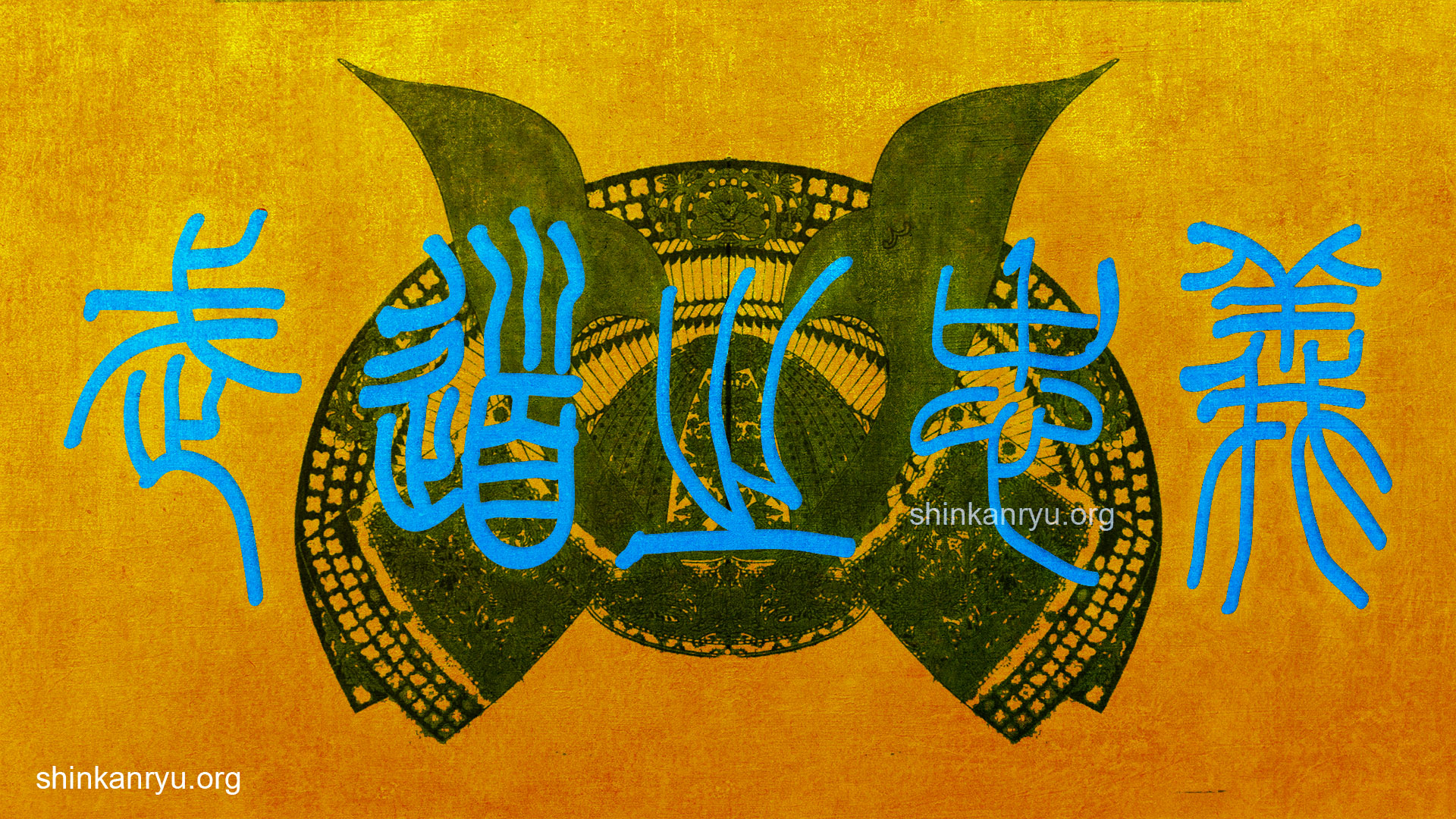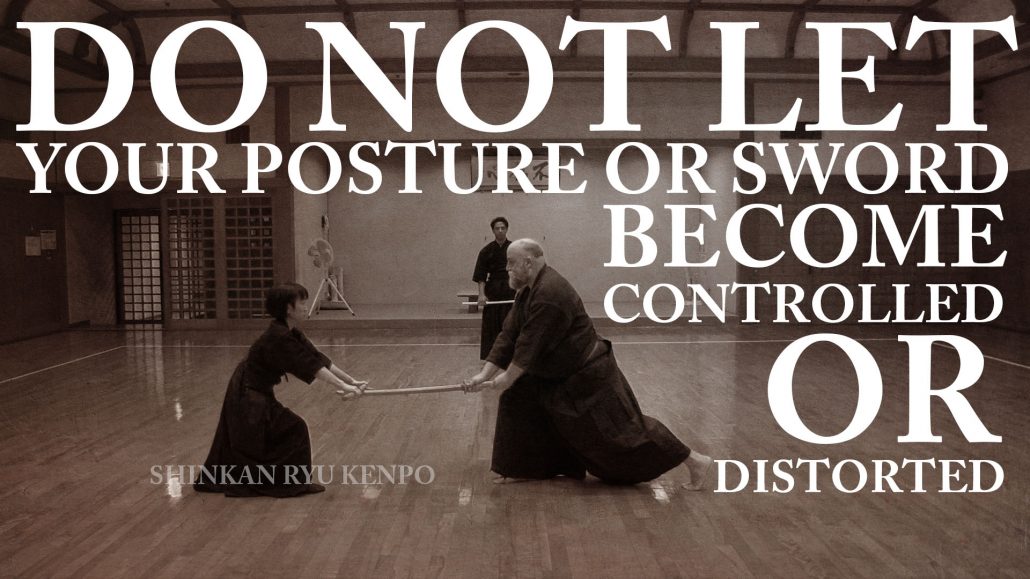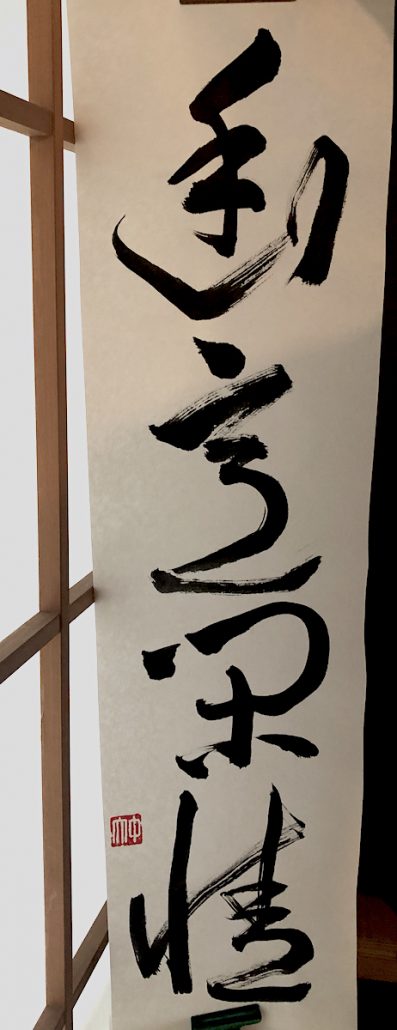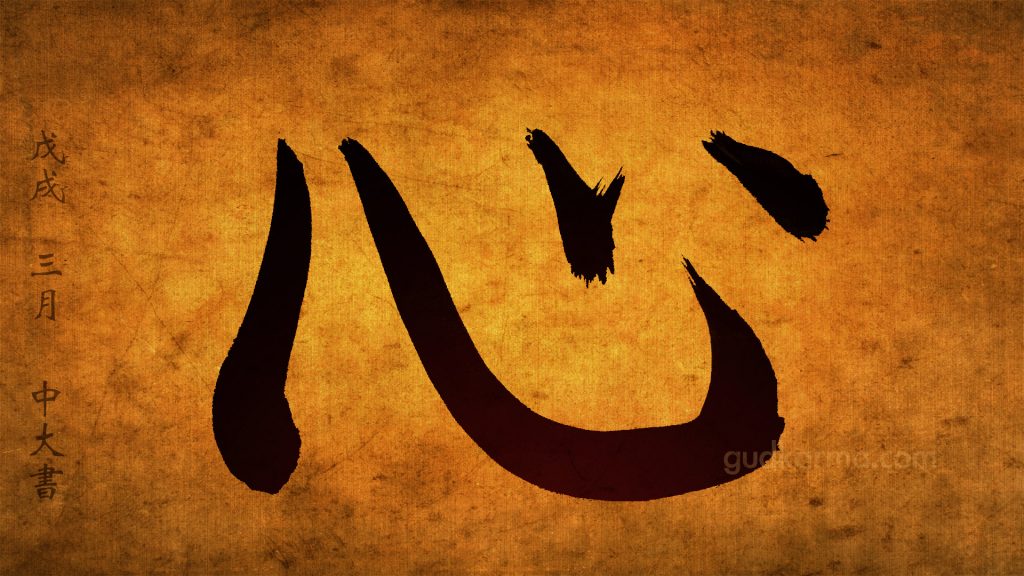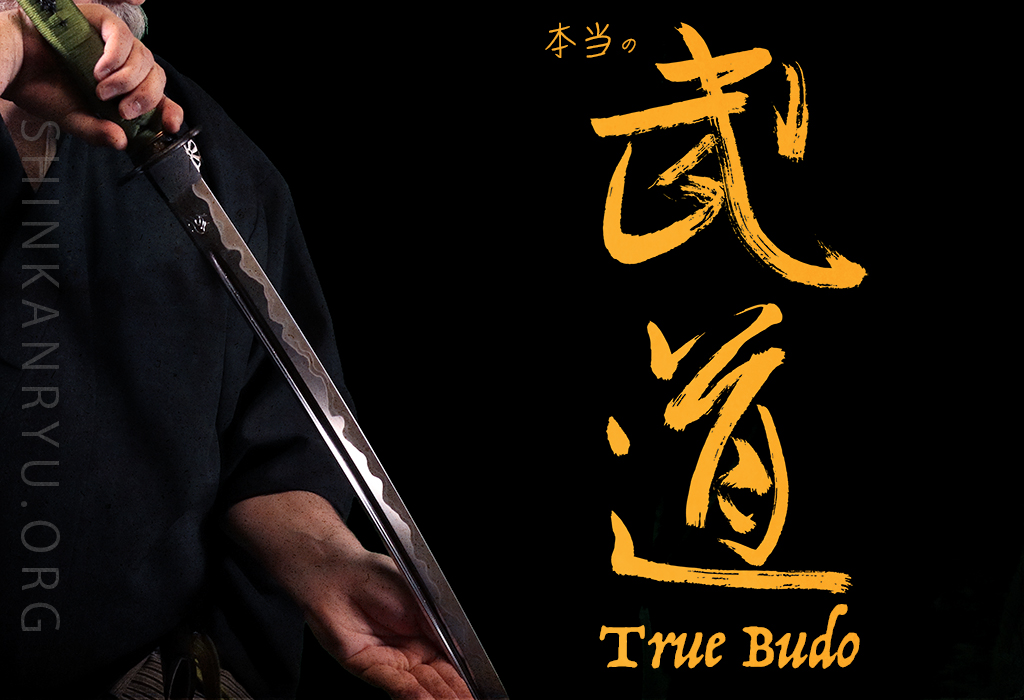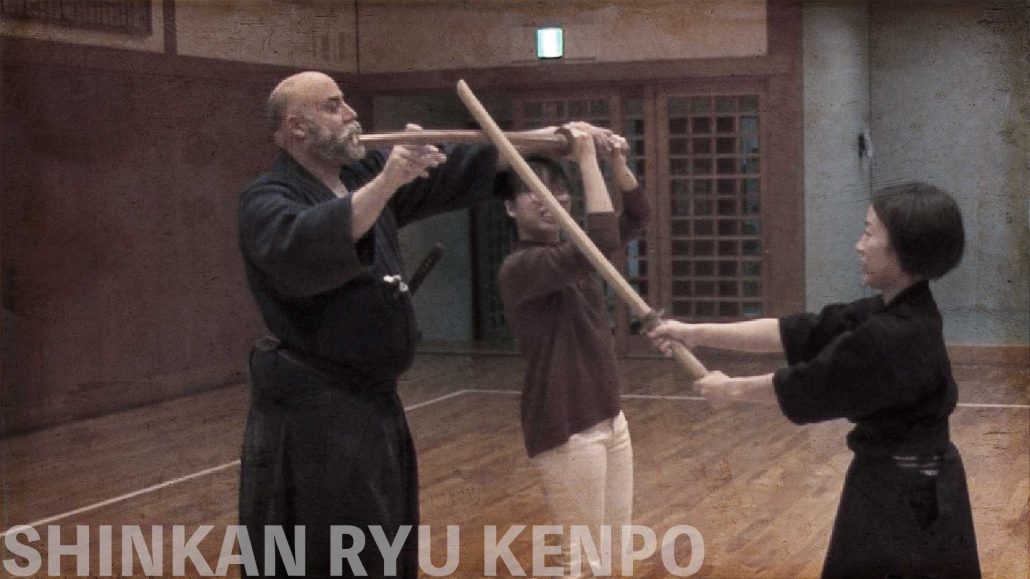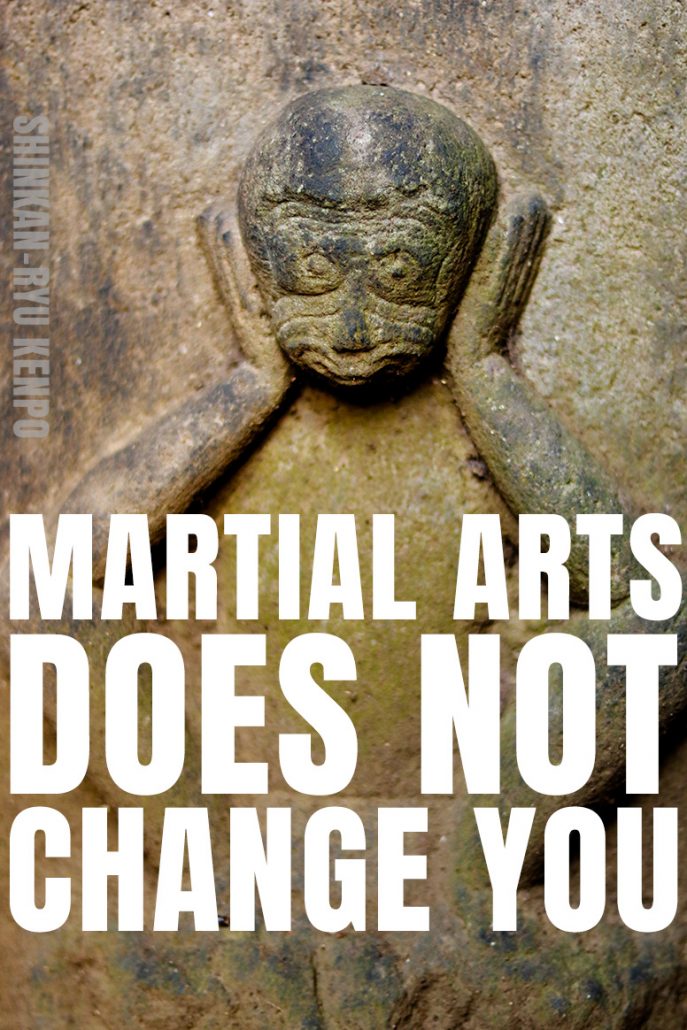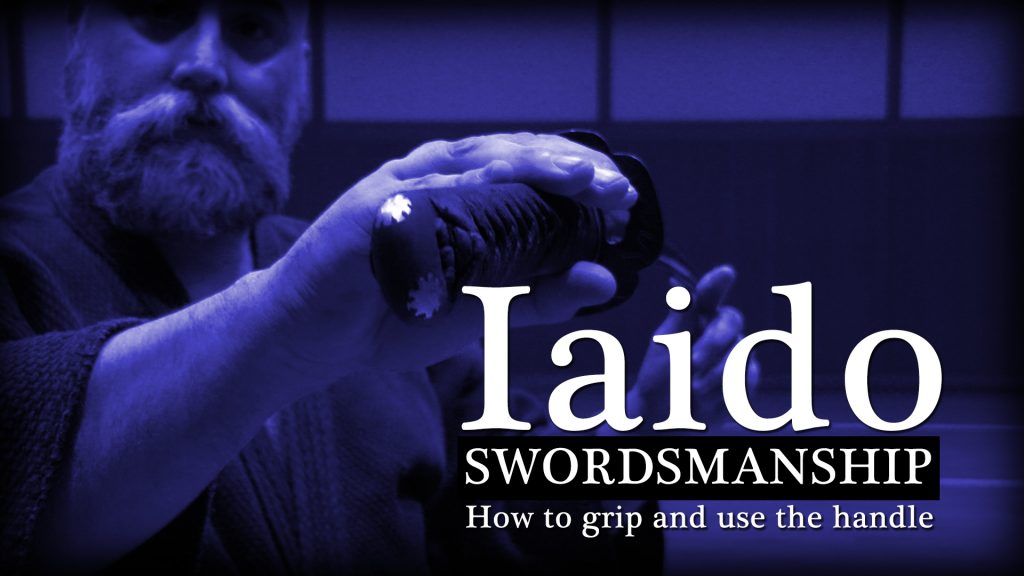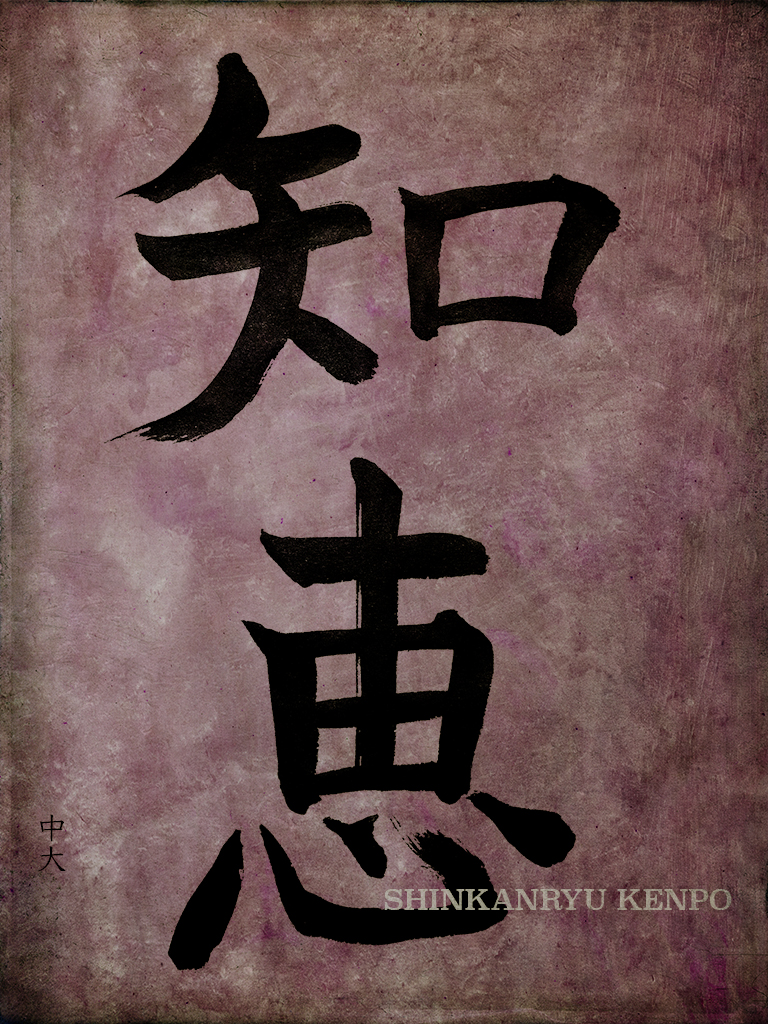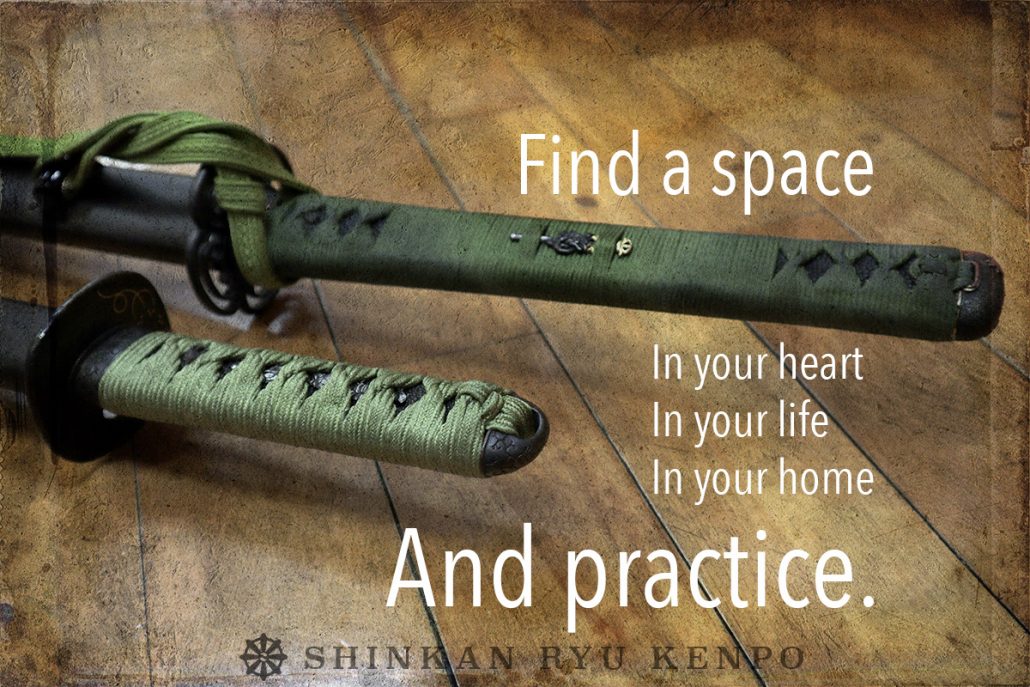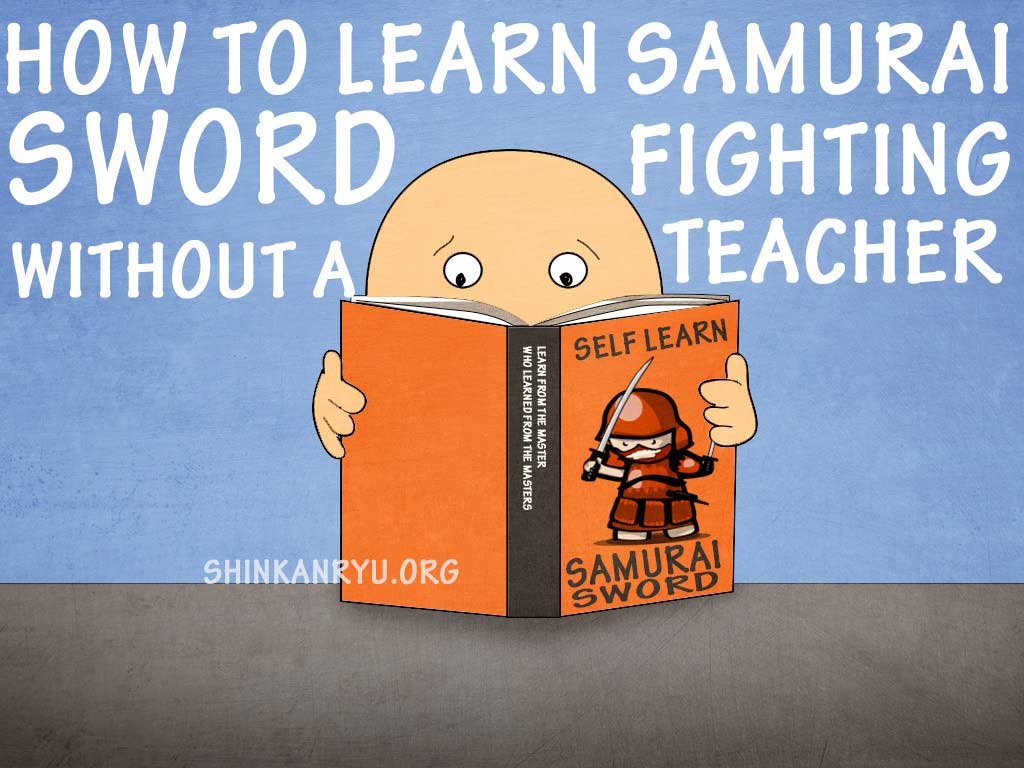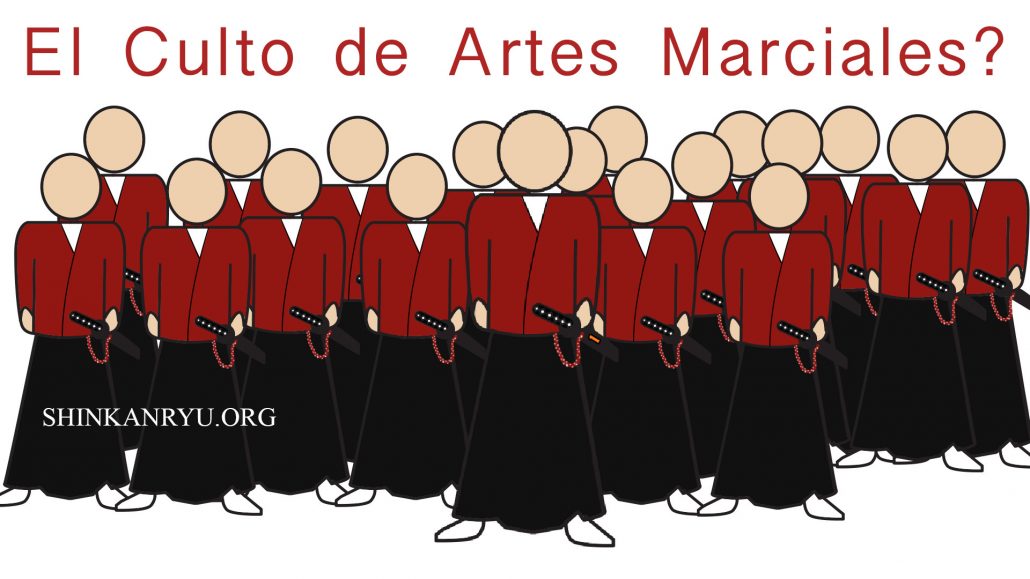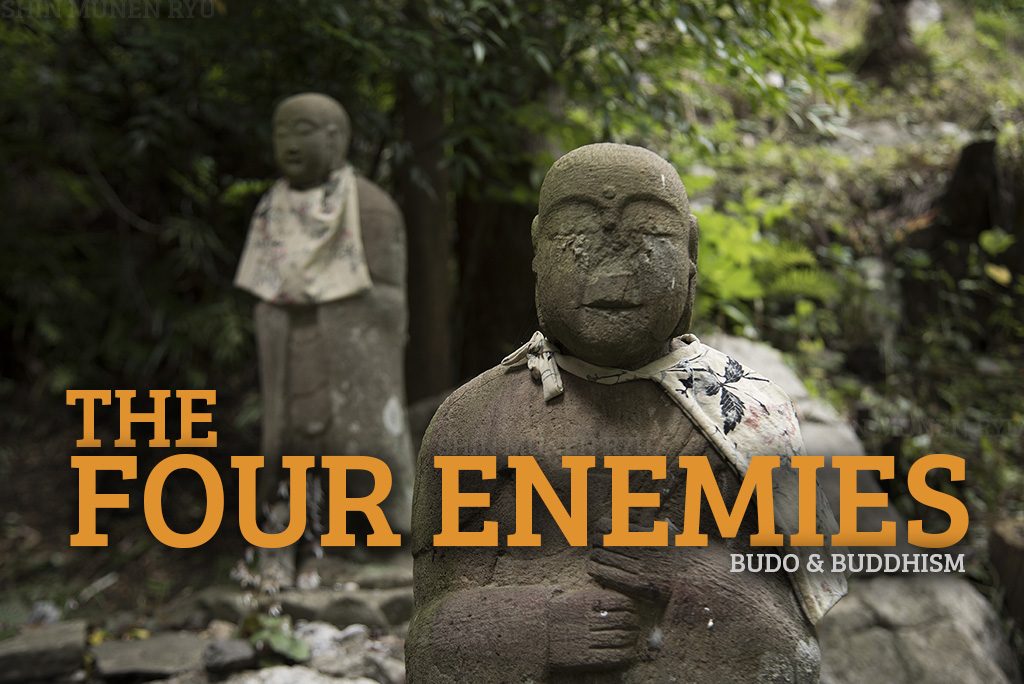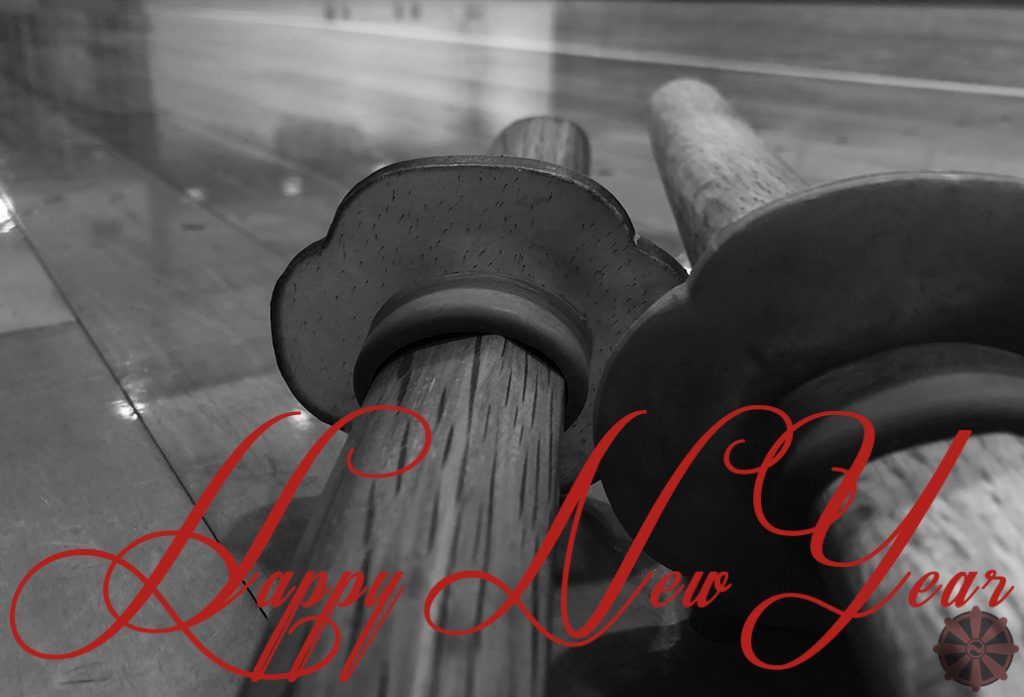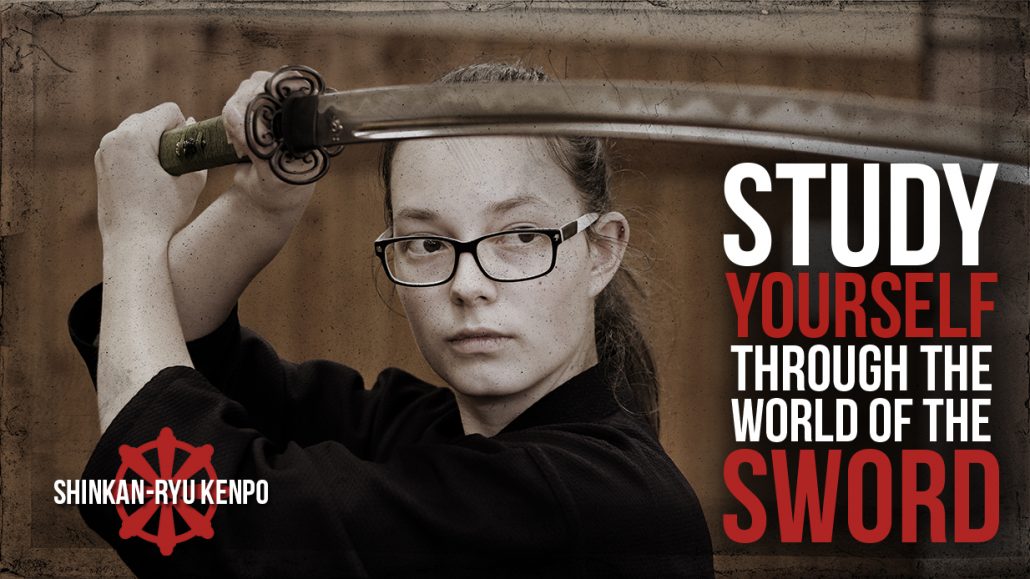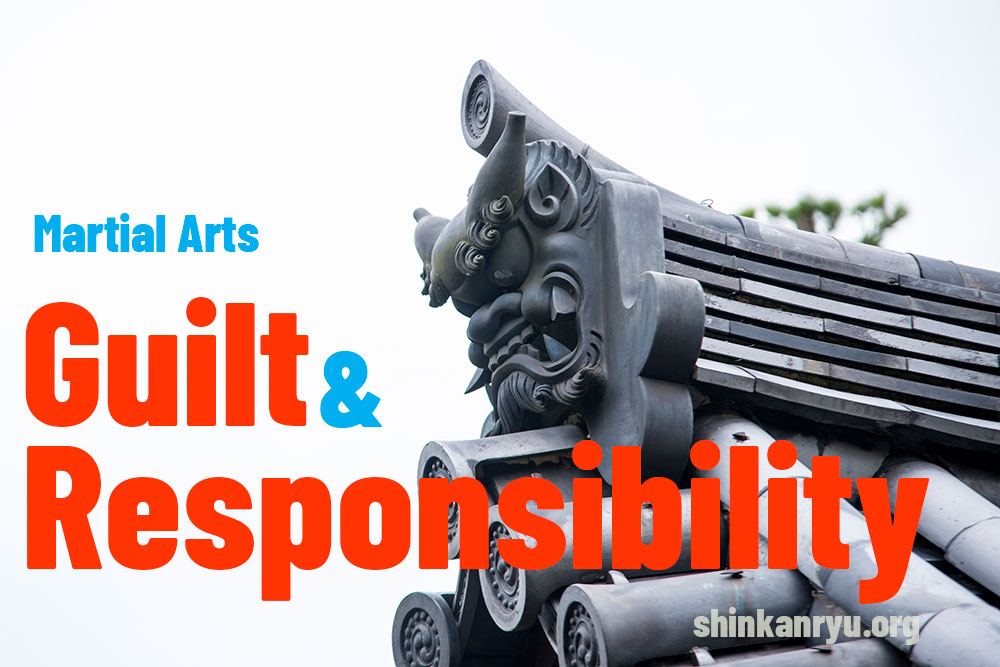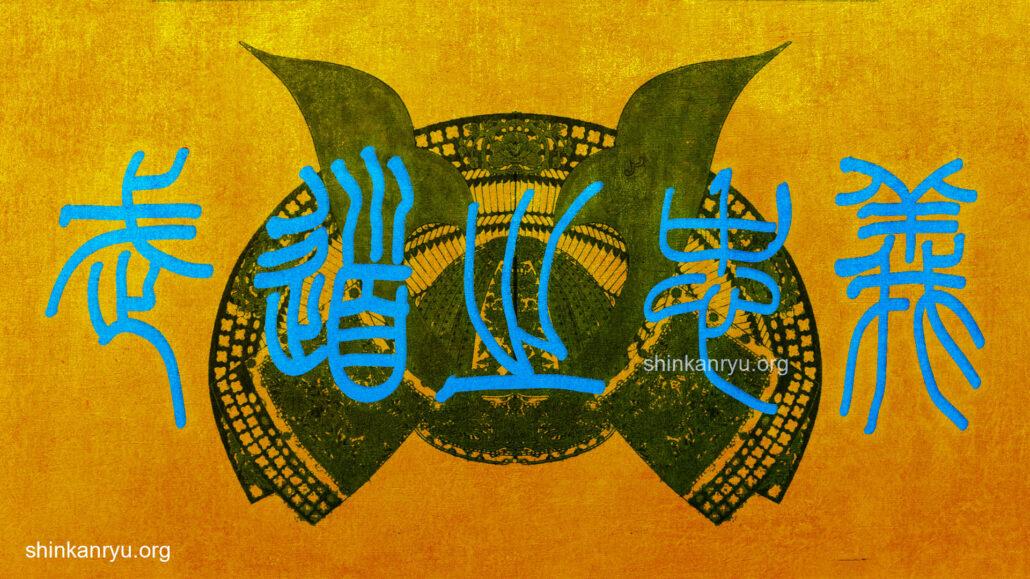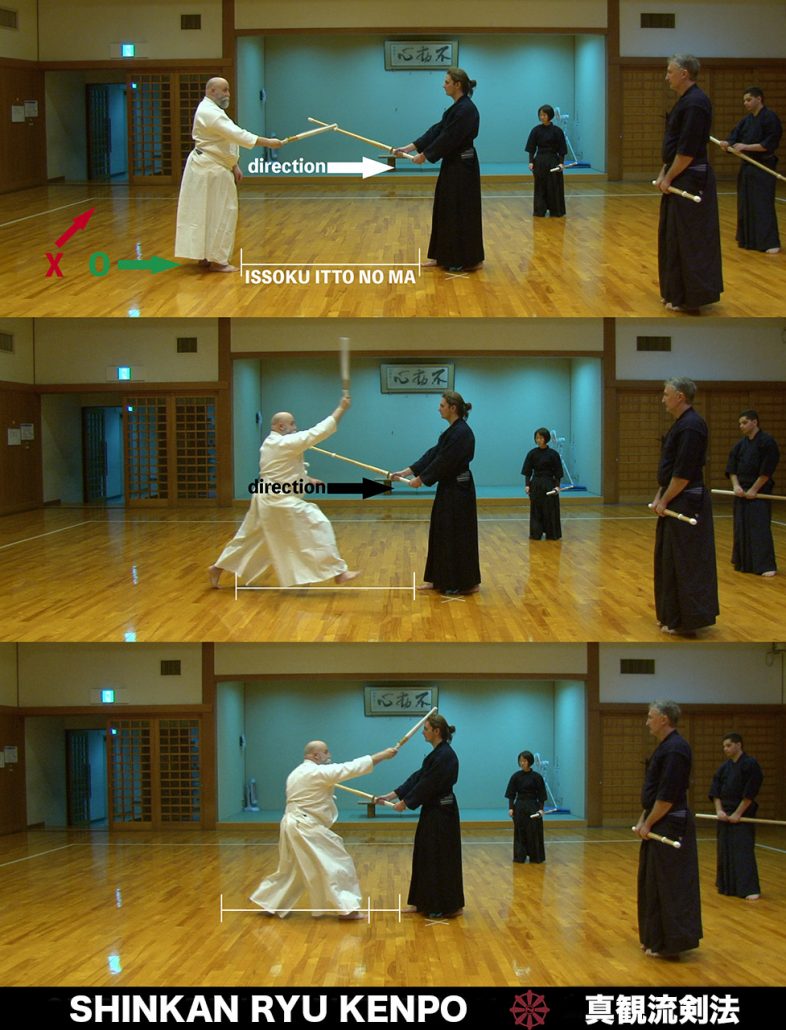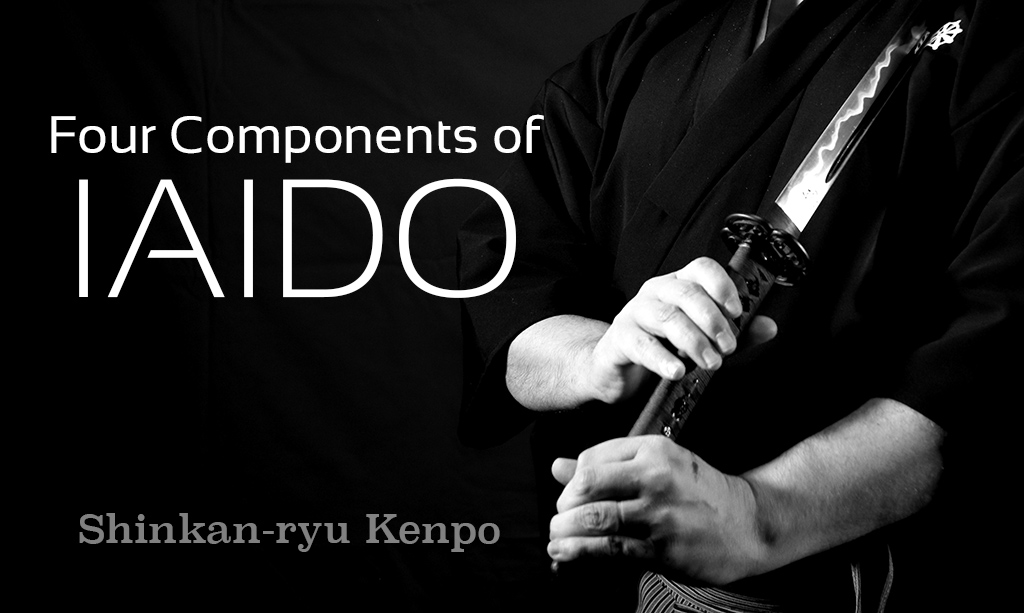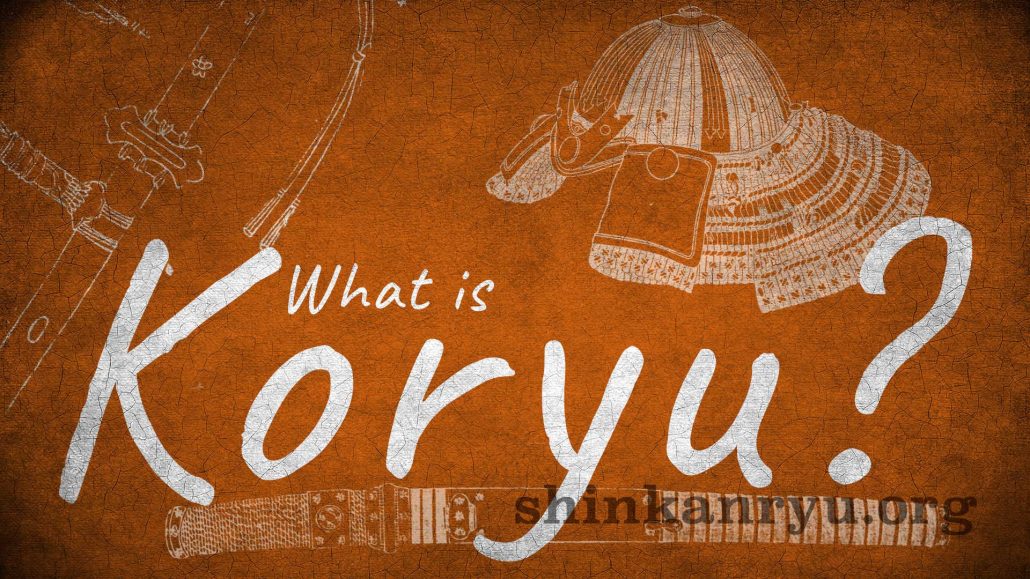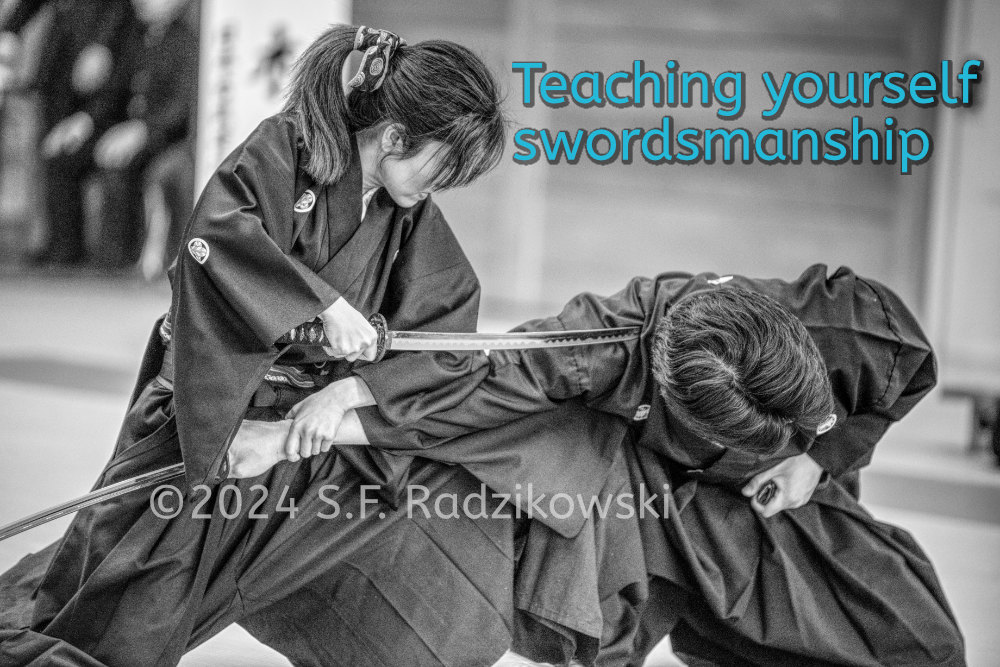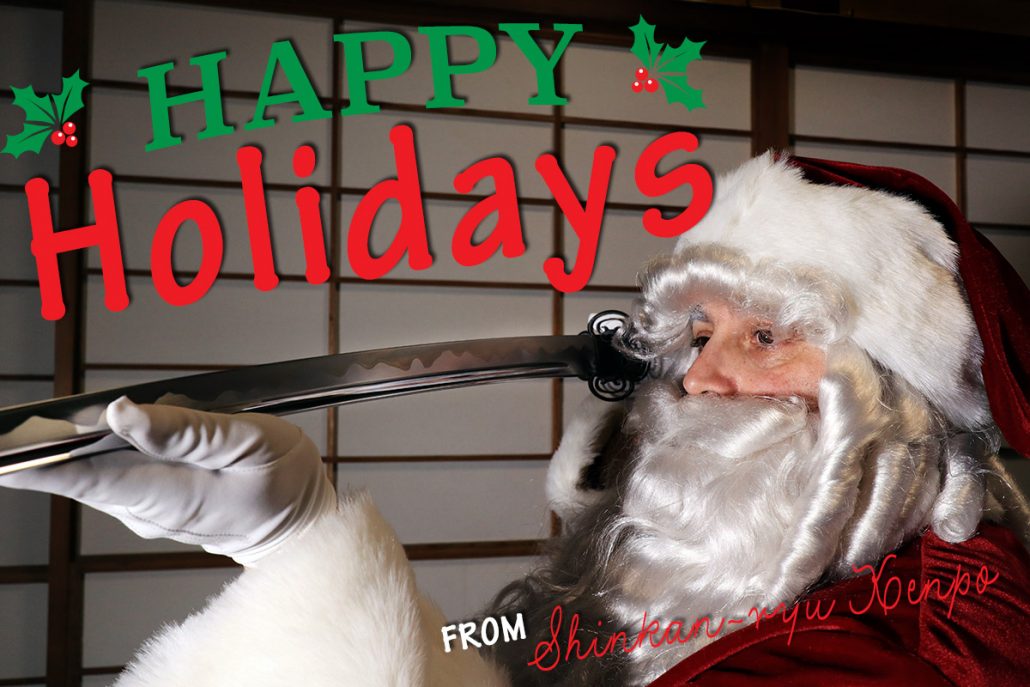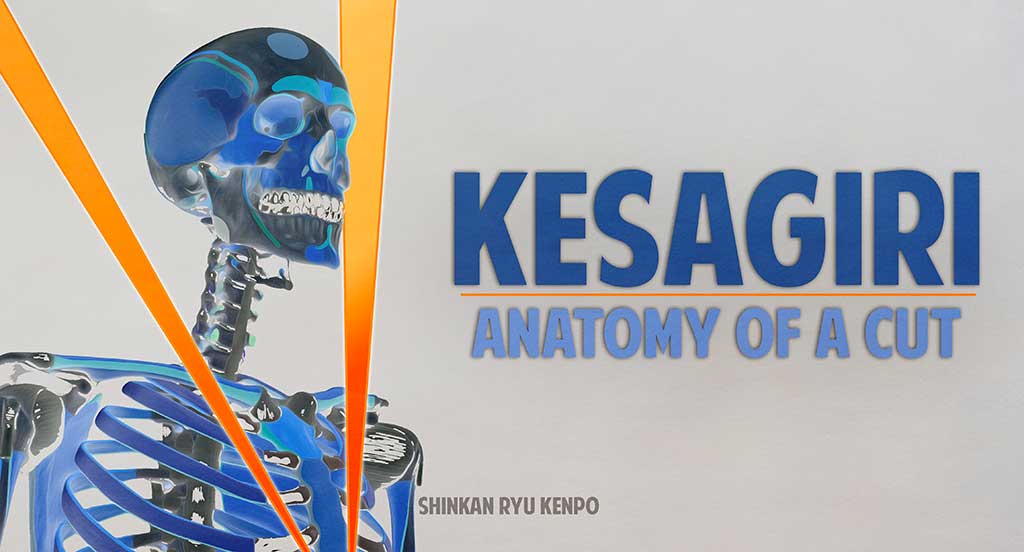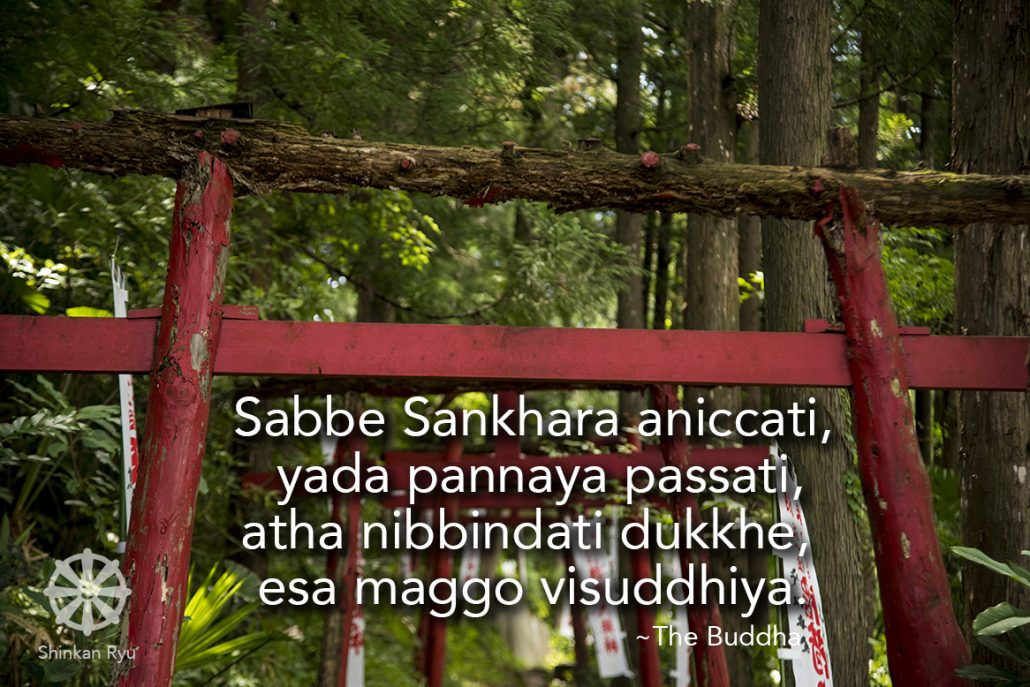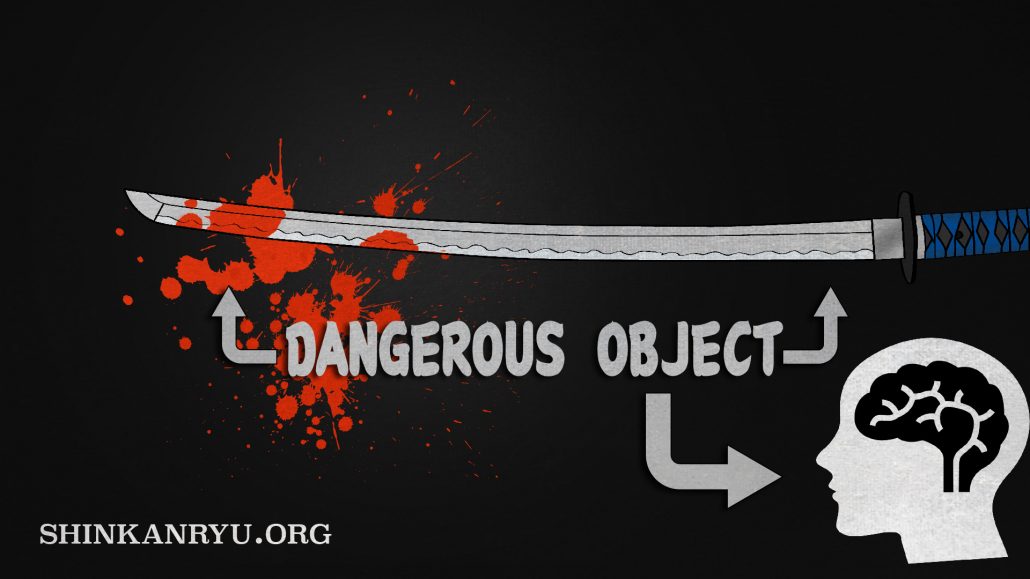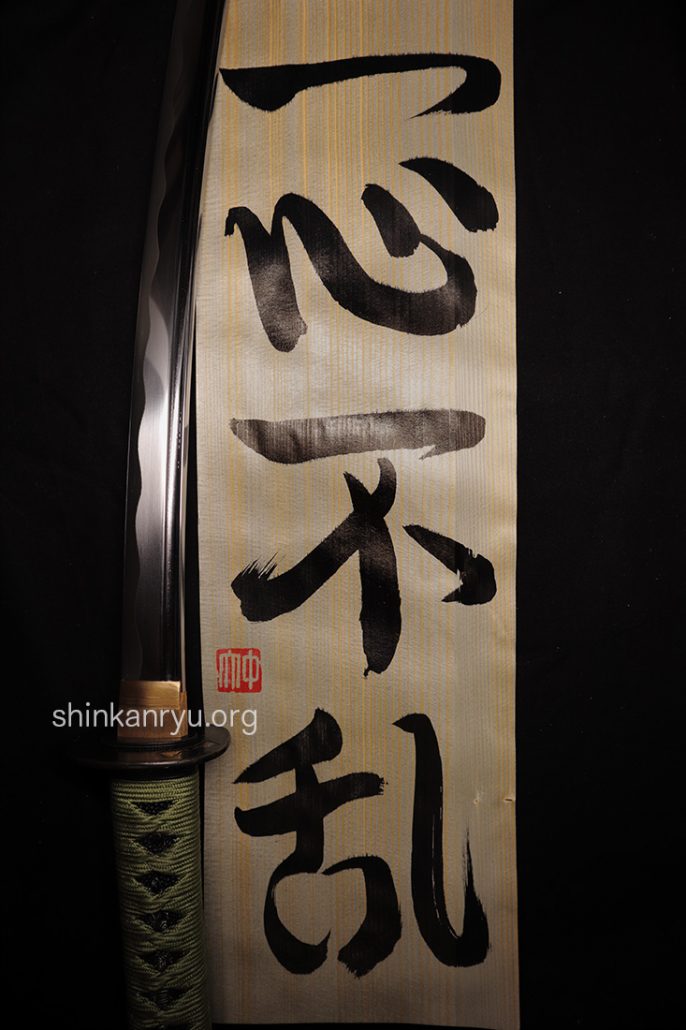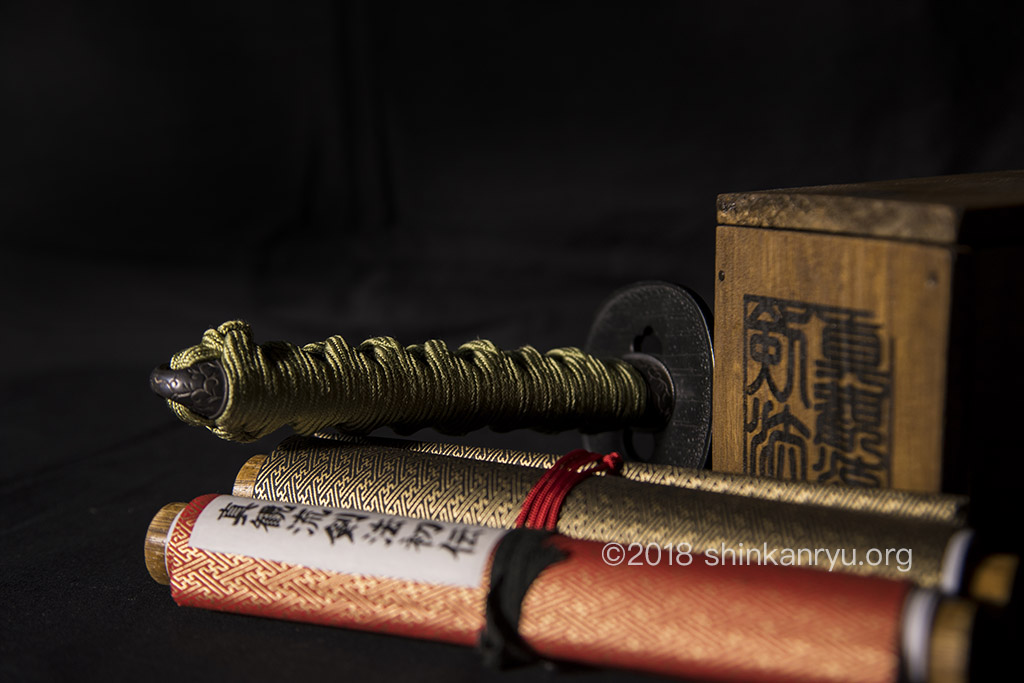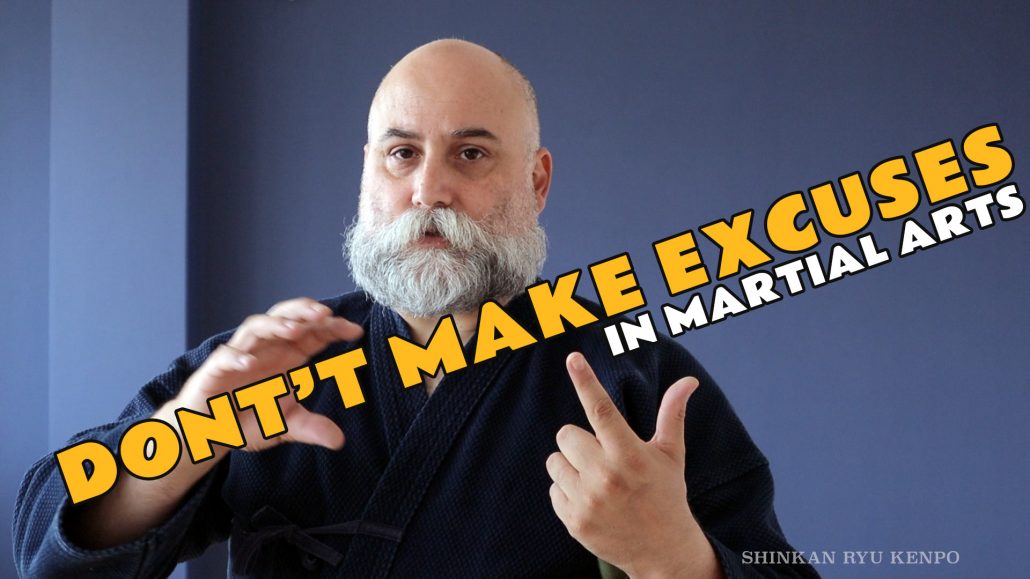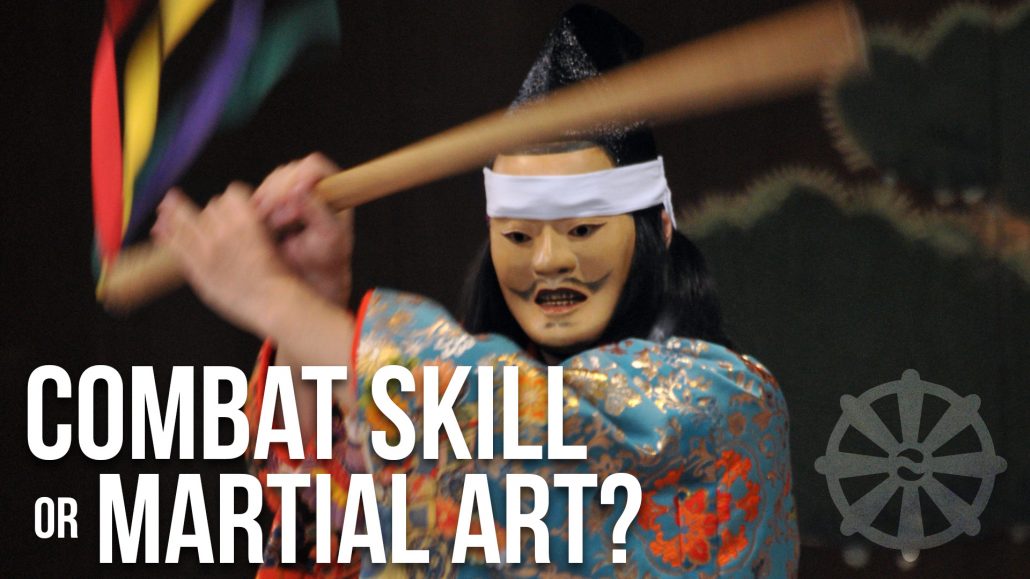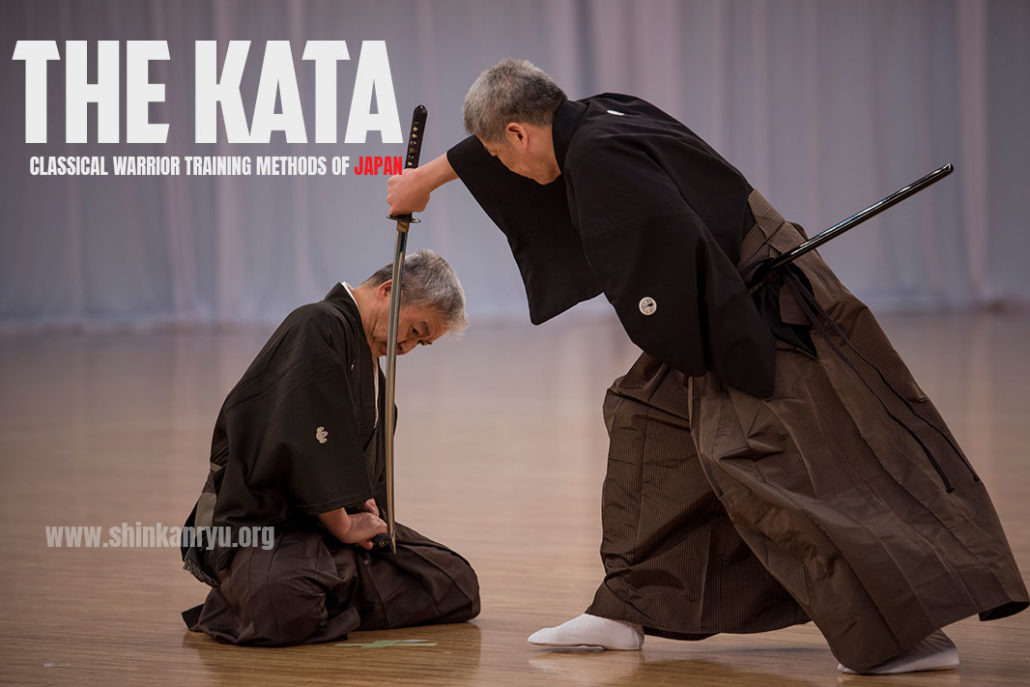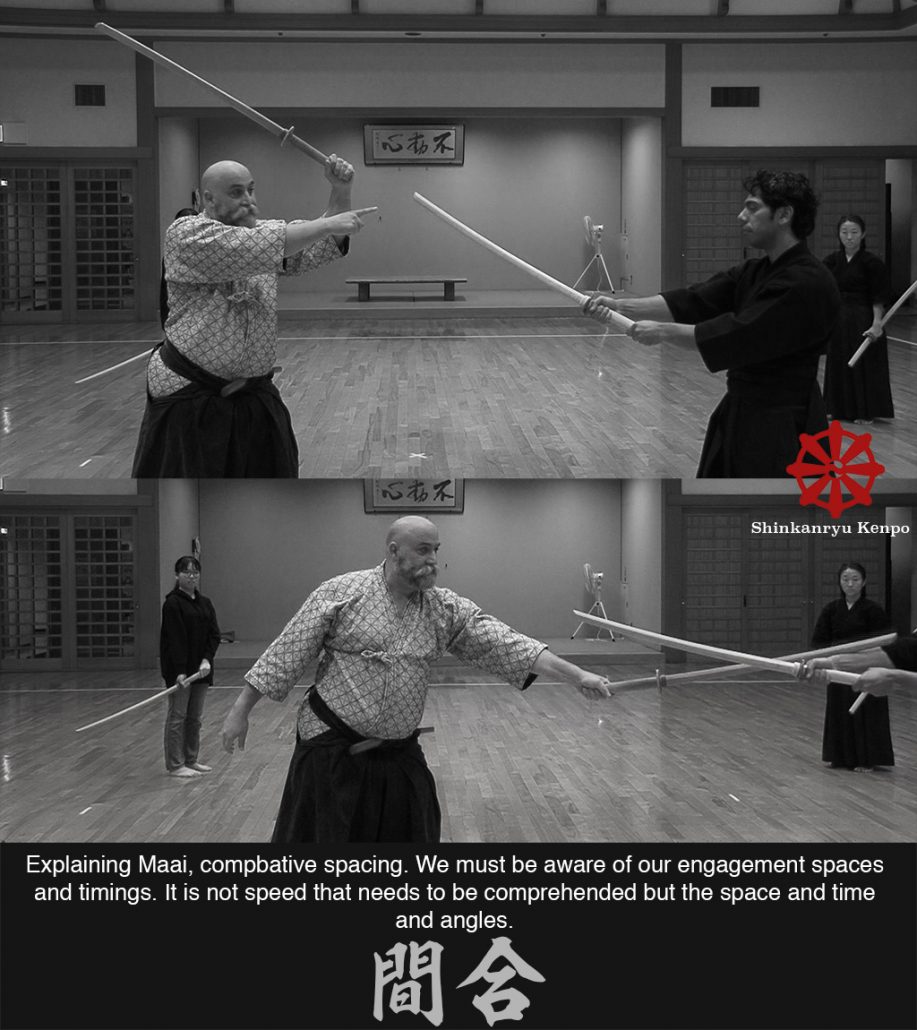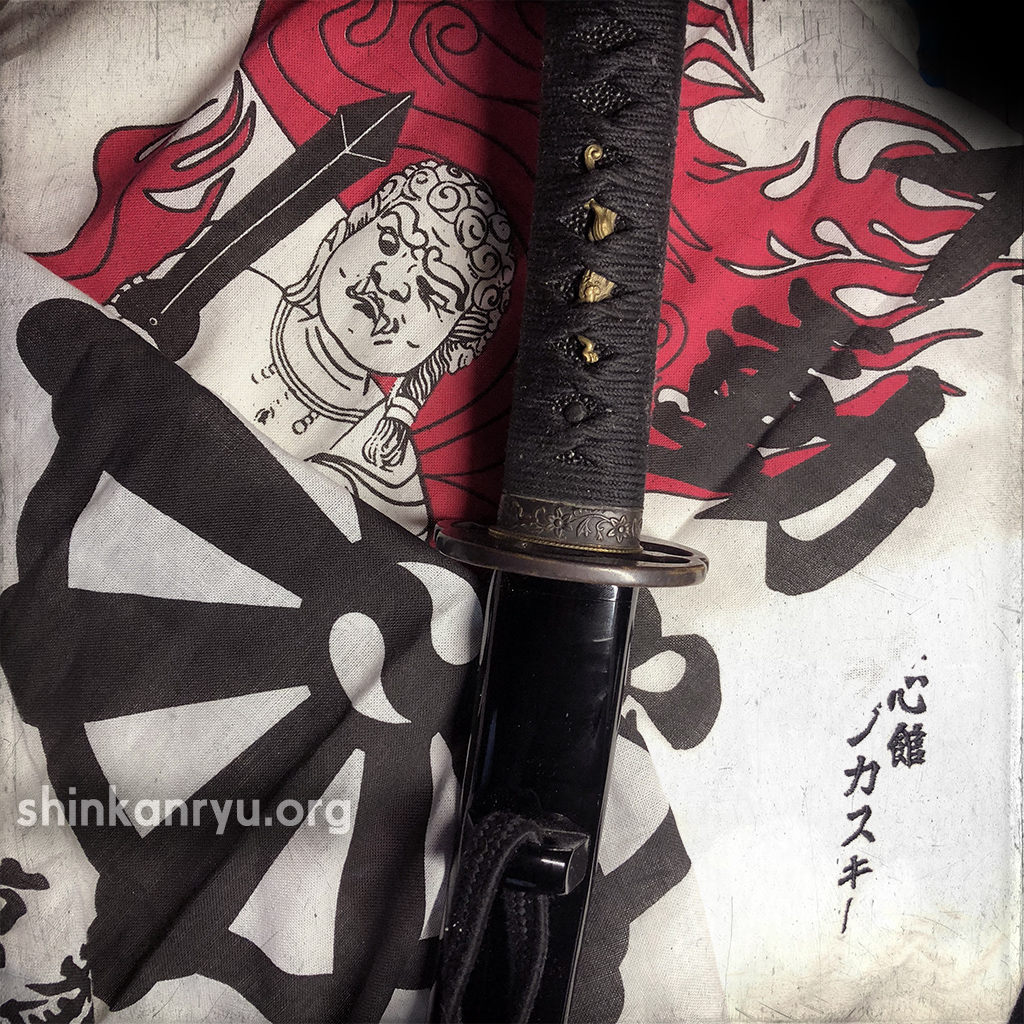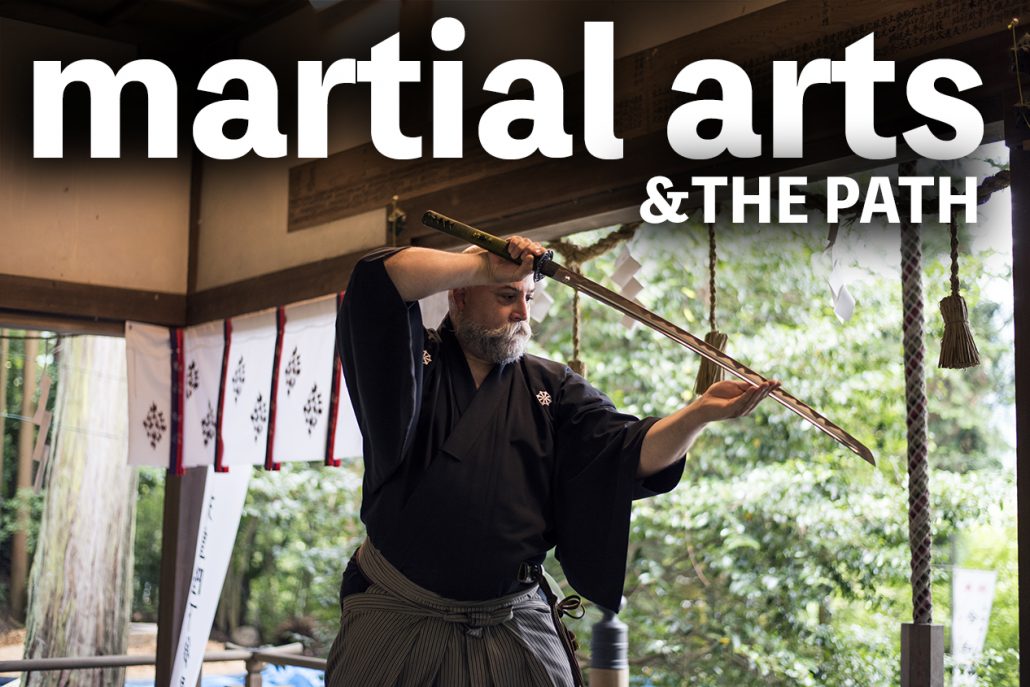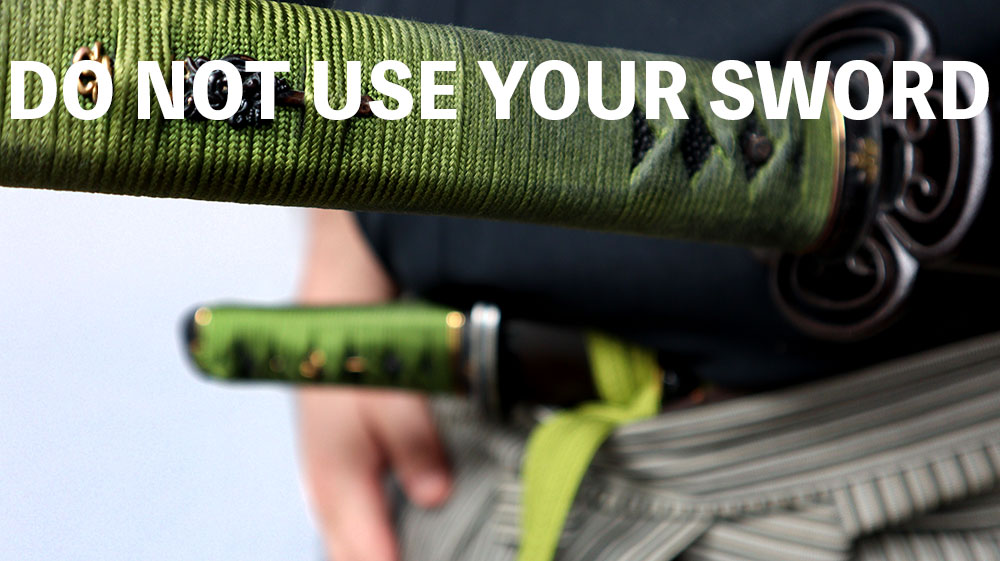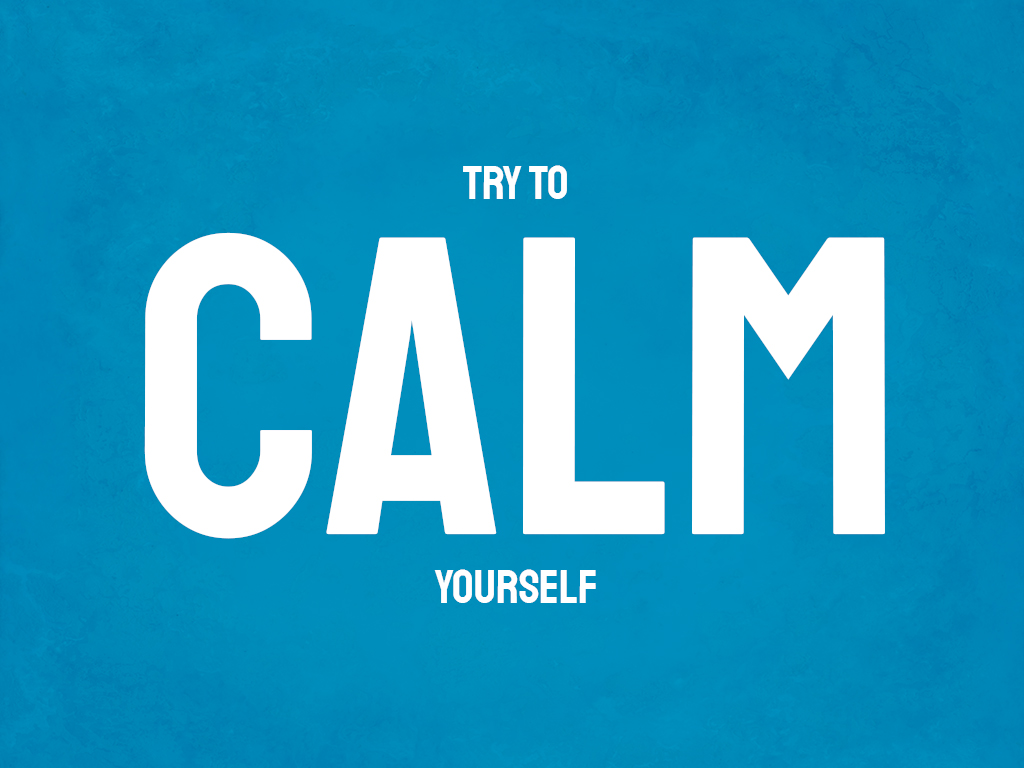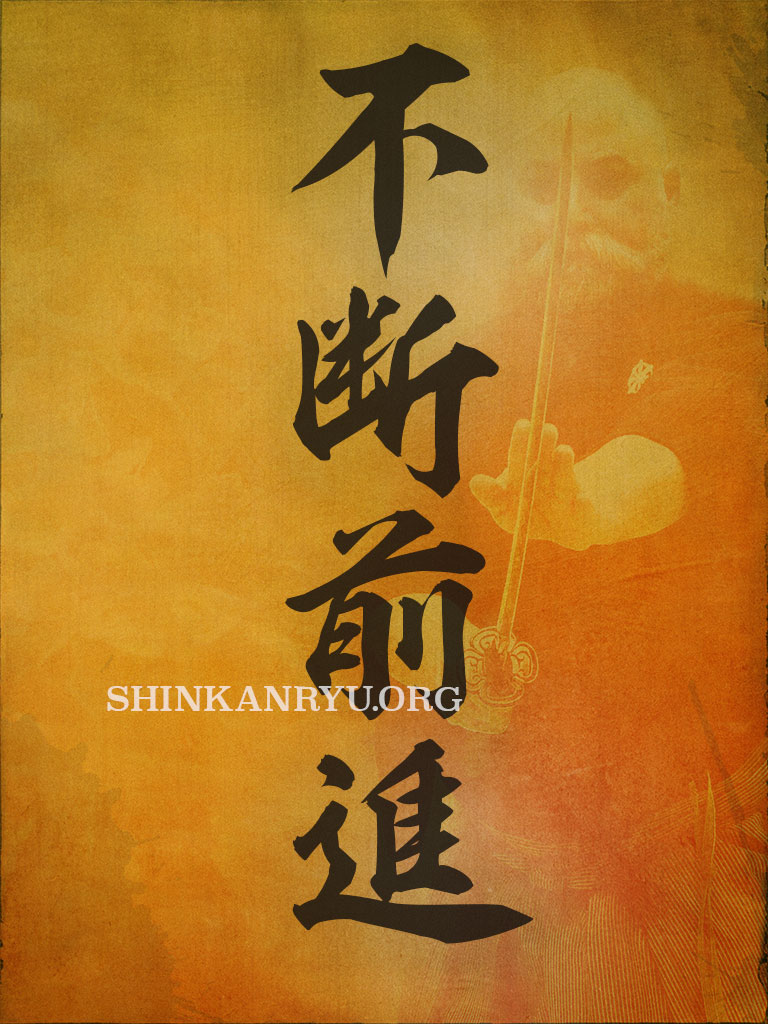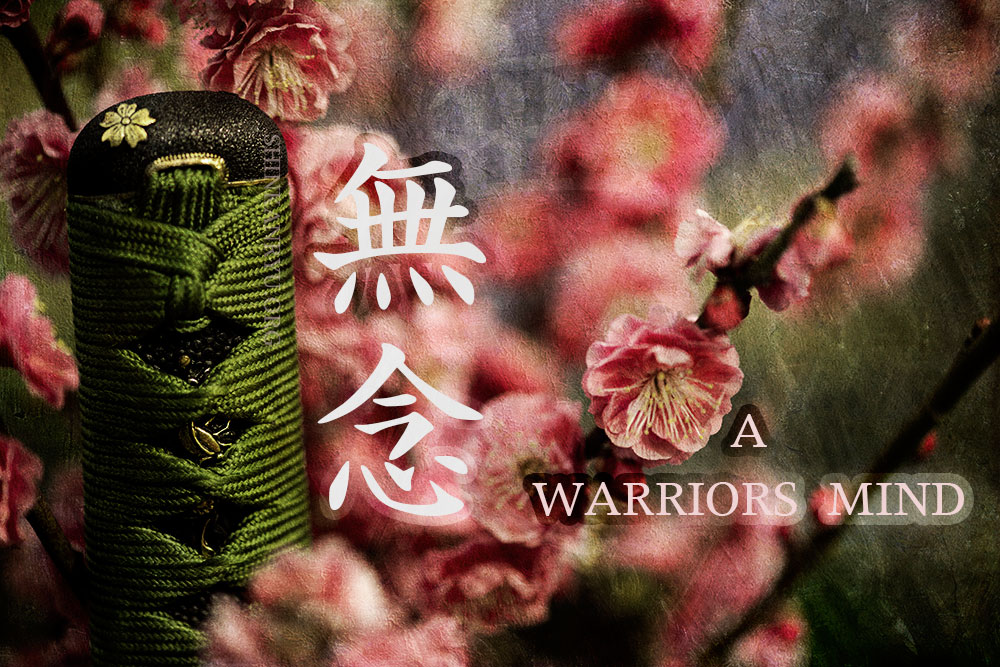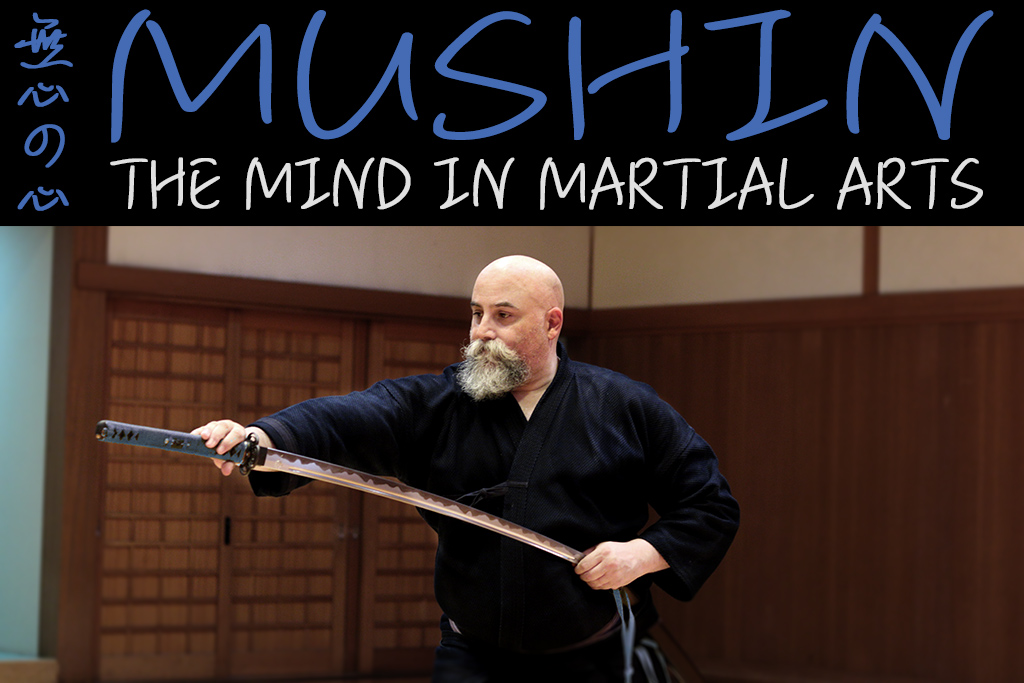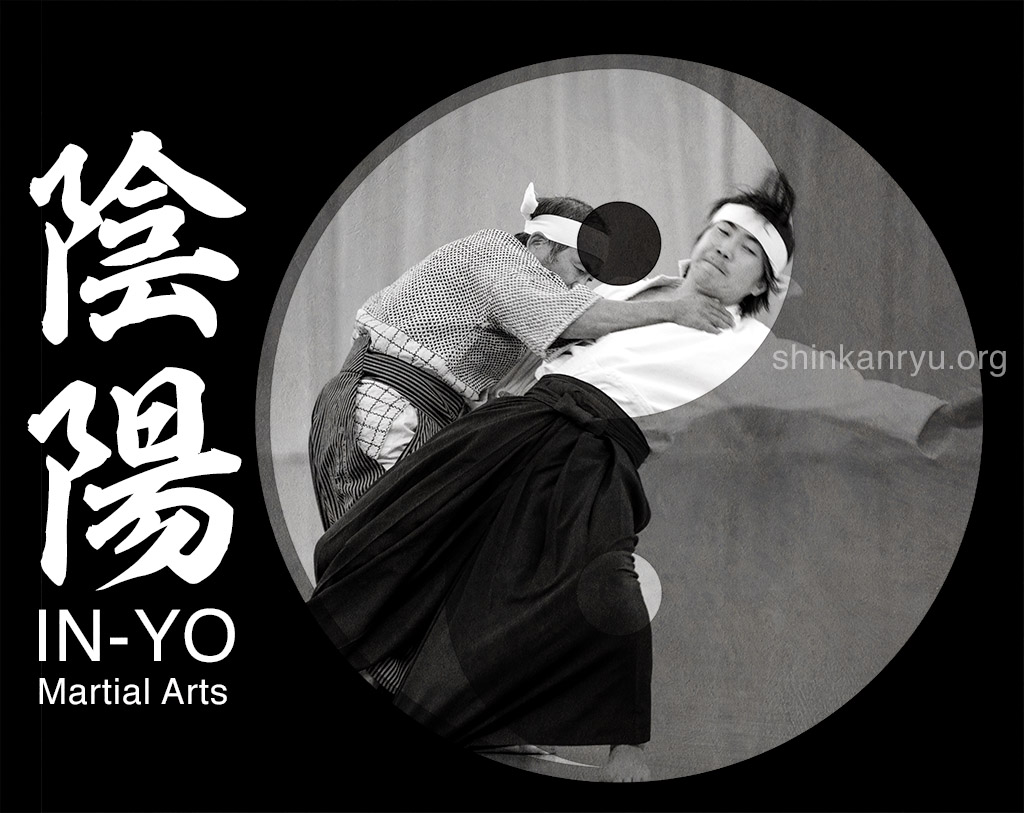Loyalty is one of the shining points in any list about the virtues important to the samurai. There are endless stories about loyal warriors doing this, or the faithful samurai did that. Someone's loyalty is often the main point in any plot. Commitment is integral for a warrior, martial artist, and obviously any regular person.
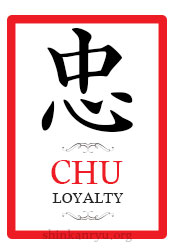
How loyal were the samurai? That depends on which period of history you look at and what your personal definition of loyalty is. There were many different ideas of what loyalty was amongst bushi, samurai, and bugeisha over the last five-hundred years. Bushido is touted as a checklist that all samurai followed. It is frequently regurgitated ad nauseam by many "martial artists". The ideals expressed in bushidō, such as gi 義, change with each clan and period. It is difficult to throw a list of values on a wall and say, this right here is what all ancient warriors believed in. Frankly, I am more interested in my budō study in the 21st century and what these ideas of bushidō and the path of a warrior mean to my school and myself.
Chū 忠 or chūgi 忠義 refer to fidelity to your clan and superiors within bushidō. Chū means loyal. It is the center of one's mind. The point from which all actions must emanate. It is within our hearts. What is important and matters are carried at the center or within us. This is represented by the character chū 忠. Chūgi is a deeper loyalty that might be translated as devotion or righteous fidelity.
Different Loyalty At Different Times
There is a school of thought where blind loyalty is the true way of the samurai or warrior. It is an outdated idea that no matter what actions your superior might give you, you must follow them. That will demonstrate chūgi and express the warrior's ideal of loyalty. It goes against the righteousness that maintains the wholesome relationships between people. Indeed, in the past, it was cultivated from a position of authority to control their population of warriors. It created an undying loyalty that can only be broken by their master's word, which created salves to the system in which the samurai worked and lived. Chūgi though is not so cut and dry as it once might have been.
In the early 1700s, there was the Ako incident, the story of the 47 ronin. Most people interested in martial arts have heard this story. It is debatable whether or not the 47 disciples of Asano Naganori were behaving with true loyalty or not. My opinion is if the actions produce unwholesome consequences, then taking a life based on ideals of loyalty is never the right course of action. Harming others or malicious scheming in support of your ideals of loyalty is never the right path to travel.
In some ryū-ha (schools) or martial arts circles, loyalty is blind and extremely rigid. Students adopt a religious zeal for their style and teacher. And loyalty is often misplaced This is not actual chūgi in my view. What kind of loyalty should bugeisha have?
The Commitments
Let us use the phrase faithful to commitments. Firstly we must have a commitment to ourselves and the wholesome path. This is the righteousness present in gi of chūgi. We must be faithful to the way which radiates wholesomeness, not just for ourselves but for others in our care.
As a student, we must have a strong commitment to the school and teacher. Loyalty resides in the starting phase of shu-ha-ri. If we wish to learn properly we must be faithful to our keiko and our teacher's words. If we are asked to practice or train in such a way then it is our loyal obligation to do so. We must be faithful to the commitments of the ryū-ha. Not only to the waza (techniques) should we be faithful but to the whole training. Physical, mental, spiritual must be combined. That trinity should be where our commitment is place.
As teachers we must be committed to the ryuha, dojo, and those arriving to learn. Those seeking guidance require us to be faithfully providing it. Keeping a strict sense of duty to the school and the student is essential in studying and teaching the martial arts. In keeping a sense of loyalty to the school one should not be harming any students physically or spiritually. Whether its school dogma or stretching techniques, a teacher has a parent's responsibility to his student's wellness and health.
As I am sure all our mothers and fathers have told us, trust is a two-way street, so too is chugi in bujutsu. A pure bugeisha is one that walks a path without malicious intent nor greed. Bugeisha stands firmly loyal in a proper way to others in his world. Inside or outside the dōjō, they must keep a loyal fire burning within their hearts. We must not become mired in improper loyalty, which is tainted by greed, ignorance, and hatred.
Be well, do your best, and press forward. Let us all examine chugi in our bujutsu and beyond.

ラジカスキー真照
館長Saneteru Radzikowski is the head sword instructor of Shinkan-ryū Kenpō. He lives and teaches Iaijutsu and Kenjutsu from Nara, Japan.
Sword Control
We should not let our mind or body or sword become contorted or controlled by...
A Lesson Of The Brush & Budō
Today during shodo practice I wrote this. Our minds as the top of...
Unleash the Potential of Your Iaido Success
We’re diving deep into the art and discipline of Iaido, a journey that goes far...
The Martial Arts Heart
Budo values reflection and compassion. When these are not present it is hard to develop...
What is true budo?
Studying the arts of fighting leads to peace. The pursuit of martial arts has one...
How to learn kenjutsu?
How to learn kenjutsu? Learning anything as profound as a martial art needs a teacher....
Martial Arts Doesn’t Change You Into A Hero
Joe is a bit of a jerk.Joe joins a dojo.Joe practices martial arts for 12...
Sword Grip Tenouchi Iaido Video
This video describes basic hand grips (tenouchi) for using a katana (Japanese sword).
Wisdom Martial Arts Keiko & Buddhism
For those that lack wisdom the way is difficult. It is best to consider the...
Budō Practice Is Everywhere
Practicing without many excuses not to is a good practice.
How To Learn Samurai Sword Fighting Without A Teacher?
I get asked often, “Hey, is it possible to learn sword fighting without a teacher...
Estás Involucrado en un Culto de Artes Marciales?
Recientemente tuve una conversación con alguien que se refirió a su escuela como una genuina...
Four Enemies
Four Friends. Four Enemies. One morning while on alms rounds the Buddha gave a heap...
Happy New Year
From all of us at Shinkan-ryū Kenpō to you, Have a wonderful New Year Celebration....
Study The Self. Learn The Sword
Learn the sword or budo and learn of yourself. Learn about yourself to learn budo....
Guilt and Responsibility
I heard a student say, “If I don’t do any kind of training every day,...
Bushido Chūgi The code of Loyalty
Loyalty is one of the shining points in any list about the virtues important to...
Maai Combative Spacing
Maai 間合い Combative spacing or maai is important to investigate early on and come to...
Components of Iaido Iaijutsu
[fusion_builder_container hundred_percent="no" hundred_percent_height="no" hundred_percent_height_scroll="no" hundred_percent_height_center_content="yes" equal_height_columns="no" menu_anchor="" hide_on_mobile="small-visibility,medium-visibility,large-visibility" status="published" publish_date="" class="" id="" background_color="" background_image="" background_position="center...
What is Koryū?
Japanese martial arts are usually defined in two groups. Pre-modern and modern. There are no...
Teaching yourself Iaido and Swordsmanship
The Challenges of Self-Learning Swordsmanship In martial arts, particularly in the study of swordsmanship, a...
A Very Budo Christmas Happy Holidays & New Year
Happy Holidays and Happy New Year to all of you that were kind and supported...
Four Enemies
Four Friends. Four Enemies. One morning while on alms rounds the Buddha gave a heap...
Study The Self. Learn The Sword
Learn the sword or budo and learn of yourself. Learn about yourself to learn budo....
Kesagiri: Anatomy of A Sword Strike
In Japanese swordsmanship, there have been many hundreds of schools. There are, however, only a...
Impermanence, The Mind, and the Truth
After every meditation session my teacher, with his eyes still closed, would softly speak in...
Playing With Sharp Swords
I have been saying it’s important to get training for using a sharp sword or...
Bujutsu Thoughts Issin-furan
[fusion_builder_container hundred_percent="no" hundred_percent_height="no" hundred_percent_height_scroll="no" hundred_percent_height_center_content="yes" equal_height_columns="no" menu_anchor="" hide_on_mobile="small-visibility,medium-visibility,large-visibility" status="published" publish_date="" class="" id="" background_color="" background_image="" background_position="center...
Budo Thoughts
There are techniques and scrolls and teachings all over the dojo. What does it matter...
Making Excuses In Martial Arts
In the dojo, when I hear a student offer excuses to a teacher, I can...
Are Combat Skill, Self Defense & Martial Art The Same?
Why make the distinction between martial art and combat skill? I believe that combat skills...
Kata: Classical Japanese Samurai Training Method
Bujutsu Kata Training in martial arts can be done in different ways. One of the...
Maai; Combative Space-timing
Teaching maai 間合い, the ideas of combative spacing and timing intervals in kenjutsu.
Sword Control
We should not let our mind or body or sword become contorted or controlled by...
Be Thankful.Be Earnest In Bujutsu & Life
Be thankful for your mistakes, failures, and blunders. They are your own teacher reminding you...
How to learn kenjutsu?
How to learn kenjutsu? Learning anything as profound as a martial art needs a teacher....
Martial Arts and The Path: Strive for the truth
If you study the way and path 道, then you should understand the truth correctly....
Saya no uchi
I train to strike correctly. I perform keiko to understand the angles of my sword....
How To Learn Samurai Sword Fighting Without A Teacher?
I get asked often, “Hey, is it possible to learn sword fighting without a teacher...
You With Sword In Hand, Calm Yourself
The mental issues involved with subscribing to someone you dislike, hate, have anger towards, desire...
Advance The Sword And Mind
No matter what, move. Advance. Unceasingly against whatever odds, internal or external, move towards the...
Munen Muso And Mushin The Warriors Mind
What is the difference between munen and mushin? These concepts outline the ideal mental state...
Mushin State of No Mind In Martial Arts
I would like to express my thoughts on the concept of mushin no shin —...
Secrets of Swordsmanship: In-yō. Ying & Yang
I wanted to talk about IN-YŌ 陰陽, or more commonly known as yin & yang....


